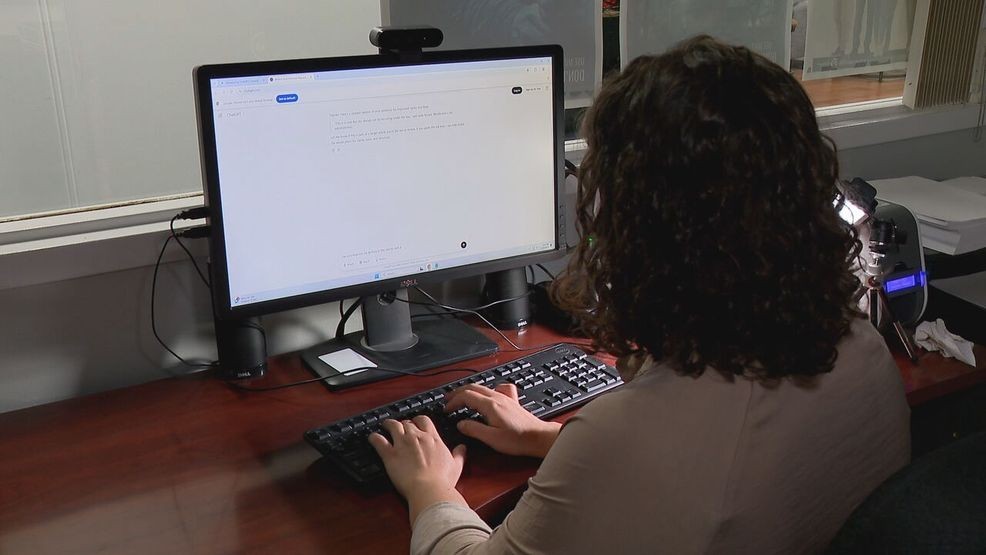A Maine high school student is raising questions about the use of artificial intelligence (AI) in grading student work. Lucy Pedersen, a 16-year-old sophomore at Gray-New Gloucester High School, received a surprising grade of 71 on a major history assignment. Pedersen, an honor roll student, was confused by the low grade and the feedback provided.
The AI Factor
Pedersen learned that her assignment had been run through an AI tool before being reviewed by her teacher. When she asked for clarification on some of the feedback, her teacher suggested ignoring certain AI-generated comments, admitting they didn’t make much sense. This experience has led Pedersen to question the use of AI in grading.
Mixed Messages on AI Use
Pedersen pointed out the inconsistency in the school’s policies. While students are barred from using AI tools, with penalties including a zero for any work that violates this rule, teachers are allowed to use AI in grading. “We have one rule for students – if you use AI, you’ll receive a zero. That’s the same as plagiarism,” Pedersen said. “But is it plagiarizing for teachers to use AI? Who is really grading your projects?”

Other Maine school districts have embraced AI as a beneficial tool in the classroom. Susie Simmons and Stephen Avery, technology coaches at Bonny Eagle schools, have implemented AI at the district’s high school for both students and teachers. They believe AI can help teachers with tasks such as creating lesson plans, translating reading materials, and providing feedback on student work.
Expert Insights
University of Maine College of Education Senior Lecturer Tammy Mills emphasizes the importance of setting boundaries around AI use. “This is going to be the way going forward in the world in some way, shape, or form,” Mills said. “To not allow AI in the classroom or a school is doing a bit of a disservice for the students that you’re preparing for the future.”
A recent Rand research study found that a quarter of K-12 teachers in the U.S. used AI tools during the 2023-24 school year. However, data from the education non-profit Digital Promise revealed that only 25 percent of districts had established policies or guidance for AI use as of 2024.
Policy Challenges
The Maine Department of Education offers an AI guidance toolkit for districts, but the use of AI is not mandated. While some Maine school districts have established AI rules, experts acknowledge the challenge of creating specific policies due to the rapidly evolving nature of the technology.
Personal Impact
For Pedersen, speaking out against the use of AI in grading led to a significant change. After requesting that her teacher not use AI for her assignment, her grade improved from 71 to 93. Despite this positive outcome, Pedersen remains skeptical about the use of AI in education. “It still doesn’t make sense to me,” she said.


